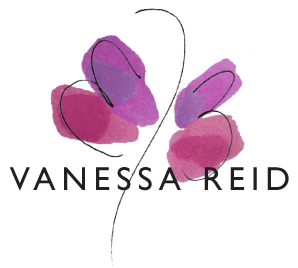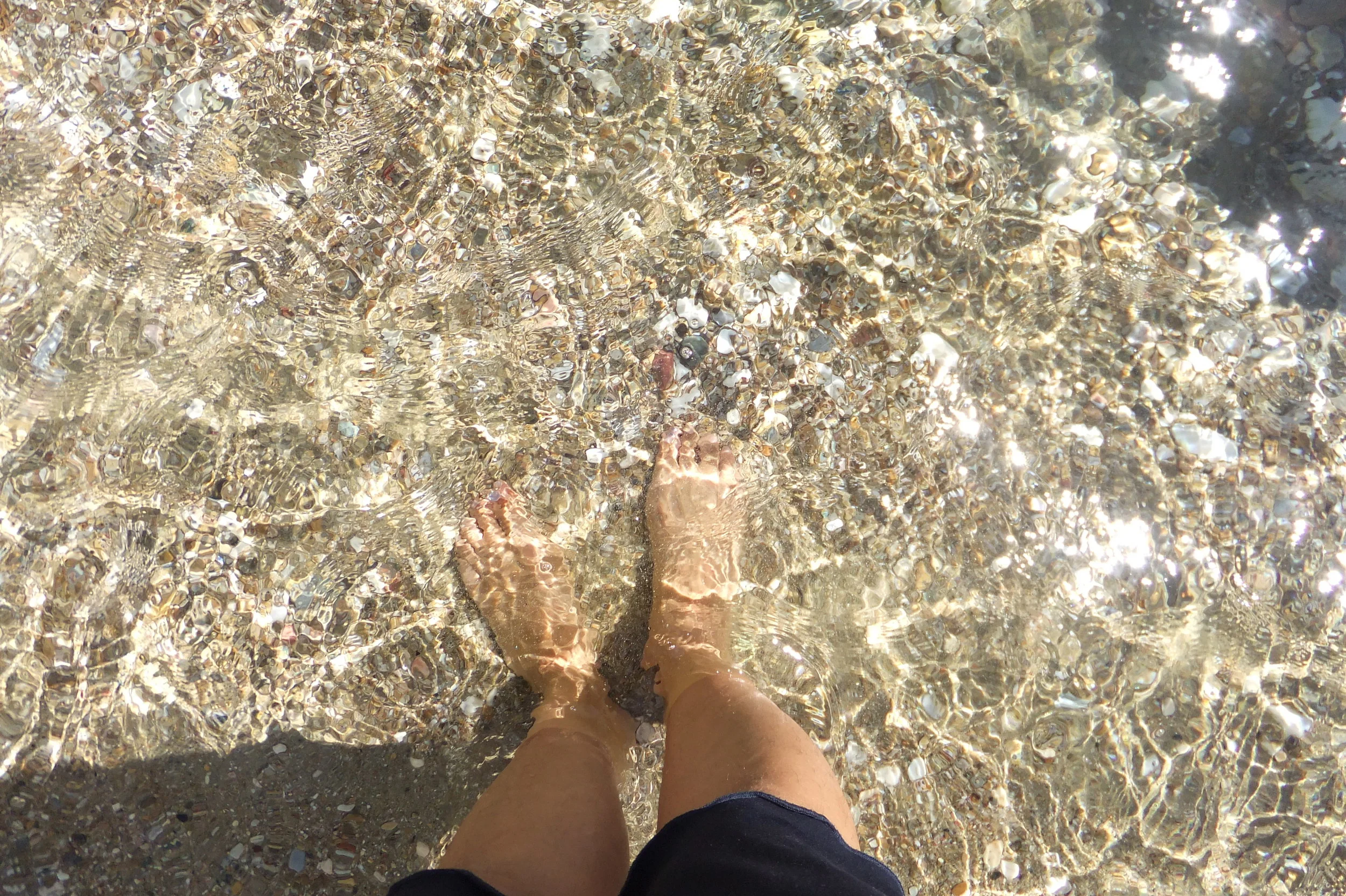What's Your Practice in Chaotic Times?
/"Today, many things indicate that we are going through a transitional period, when it seems that something is on the way out and something else is painfully being born. It is as if something were crumbling, decaying, and exhausting itself, while something else, still indistinct, were arising from the rubble," wrote poet and world leader, Vaclav Havel before his death.
What happens when our systems really break, show their cracks and the foundations we based our institutions and collective lives on begin to crumble? How do we find the resilience, ingenuity, open-heartedness in our souls and in our collective heart to respond in new or generative ways?
What are the practices, as individuals and collectives, that sustain us during massive moments of change or throughout transitions, when that which we have known is no longer and the future is uncertain?
In the Tibetan Buddhist tradition, "discomfort" can be seen as an intensified form of intelligence. We tend to move away from discomfort because it is, well, uncomfortable. But in meditation practice it is something to explore and lean into because it has something to tell us about our emotions, our body, our ego - our deeper intelligences and conversations from which we are so often cut off. And as we practice, we encounter that part of our selves that is hardened or scared and we soften it through continual encounter.
What is practice?
The power of intentional and meaningful repetition. It's to show up even when you don't want to, to something that you might not be very good at. It is leaning into the edges of what we know and what we are comfortable with so that the edges soften and we grow into and beyond them. Practice is a form of encounter. Showing up to ourselves and to others - with our full presence - and even then, we might fail. But we get right back up and try again.
I am curious to know what are the practices not only of the individuals but of community which can hold, sustain and transform high levels of discomfort, fear and the terrible unknown of "what will happen to my family, my livelihood, my community, my identity?" as systems shift in unpredictable ways. How do we work with the collective energy of dying and disintegration - especially in the West where we fear, medicate and marginalize death and dying.
I ask this because I have been in the thick of the dying and the not yet-birthed. Since 2009, when I moved to Jerusalem, I've been witness to - and participant in - the Arab Spring and the protests in Greece and in squares across Europe, which ricocheted across the Atlantic and arose in the Occupy and Idle No More movements.
In Greece, the breakdown of the economic and political systems became known as The Crisis. In 2010, we began to host participatory conversations to bring people together as people faced shame and confusion about their own personal livelihoods, and we connected the personal to the collective collapse of the larger economic systems. There was no ignoring the breakages, the fear and the despair - and the sense of isolation.
Our response was to invite people to come together. To come into conversation. To not be alone. To begin to see collective patterns that might also offer pathways forward. This became the founding of the SIZ - the Systemic Innovation Zone, and later, it morphed into what is now The Art of Hosting - Athens, an ecosystem of participatory practitioners across Europe and the Middle East and beyond, hosting participatory ways of navigating change, chaos, and crisis.
We found through our many forums, gatherings and trainings in Greece that many Greeks had already started to seed new systems. Their own complementary currencies and time banks, volunteer health clinics and food production and distribution. They didn't know about each other's ideas nor how to help each other - yet. One of our practices for chaotic times was simply this - to invite people together to be in story, inquiry and discovery together. And from this, they began to recognize the potential and possibilities that were already ripe and growing between them. They first had to live extreme discomfort.
How do we practice discomfort?
Through continual encounter. We encounter those parts of our selves and our culture that are hardened or scared by creating the space for different parts of ourselves to meet each other.
Create spaces for citizens to come together not to solve problems but to be in and share their discomfort and fears as well as their hopes and ideas. This means having a hospitable space, a clear invitation, and “hosts” who hold the process and can help illuminate patterns without pushing outcomes.
Use a range of conversation modalities from exploratory to intimate, from big to small group and include individual reflection. In times of breakdown and transition, and particularly when there is shock, shame or historical trauma involved, it is important that participants have the opportunity to choose how they can best engage at this time.
Invite and welcome stories. Storytelling is one of the most important ways of working with complex moments and experiences. It connects people to their roots, their innate wisdom and lived experience, and a way to re-membering something important about oneself or one’s collective identity.
Hold the paradoxes of emotions of hope and despair, grief and intimacy, anger and creativity. It is important to witness the human ingenuity, compassion and open-heartedness in such close proximity with violence, grief, anger and outrage. Welcoming and holding these seemingly contradictory emotions, creates oxygen to move through them.
B r e a t h e. Create a new starting point. Stop and slow things down together. In disturbance and discomfort, breathing can help re-locate the stress of the outer world to finding an inner anchor point. Find the still(er) points within ourselves and then begin again from there.
Outside witnesses. Having participants from other countries validates and acknowledges people’s experience. Sharing stories from other places gives perspective, and a web of relationships, practices, stories and insights begin to fertilize the soils of many places.
Making collective meaning. Harvest the emergent and collective knowledge! Make sure there is time to see what has emerged from the conversations, what patterns or ideas came forward that we didn’t see before? Make a plan to re-connect.
There are many practices~ and I am curious to know what else will emerge from this intense "transitional period" that is our new practice ground. If we are to imagine and then manifest a new way of living life together, on this earth, what practices help us access and re-member a wider and deeper spectrum of intelligences within and around us?
What are your collective practices for uncertainty and chaotic times?
How do you lean into discomfort, as a friend who has wisdom to share?
To join our trainings in Greece, from wherever you are in the world:
*Who is the “we”?
Friends and co-practitioners from the region who shared participatory practices through the Art of Hosting (AoH) network, as well as translocal friends - people and their places - who met through the Berkana Exchange. This is an ecosystem of learning centers, grassroots-based initiatives, individuals, regional learning communities and movements all working to create healthy and resilient communities. [We] are developing the capacity to solve their most pressing problems—such as community health, ecological sustainability and economic self-reliance—by drawing on the wisdom and wealth already present in their people, traditions and environment.
We* were from Greece, Turkey, Israel, Iran, Germany, Afghanistan, Canada, New Zealand, the UK and more. And our gathering place was Axladitsa-Avatakia, an olive farm in Greece, hosted and stewarded by AoH co-initiators, Sarah Whiteley and Maria Scordialos - and from which our Living Wholeness Institute work emerged.
We believe that large-scale systems change emerges when local actions get connected globally—while preserving their deeply local culture, flavor and form. …there is the possibility of widespread impact when people working at the local level are able to learn from one another, practice together and share their learning with communities everywhere. We do this by gathering face-to-face, engaging in communities of practice, learning exchanges and regional collaborations. We share stories, create new experiments and build relationships that help us better serve our communities at home.


